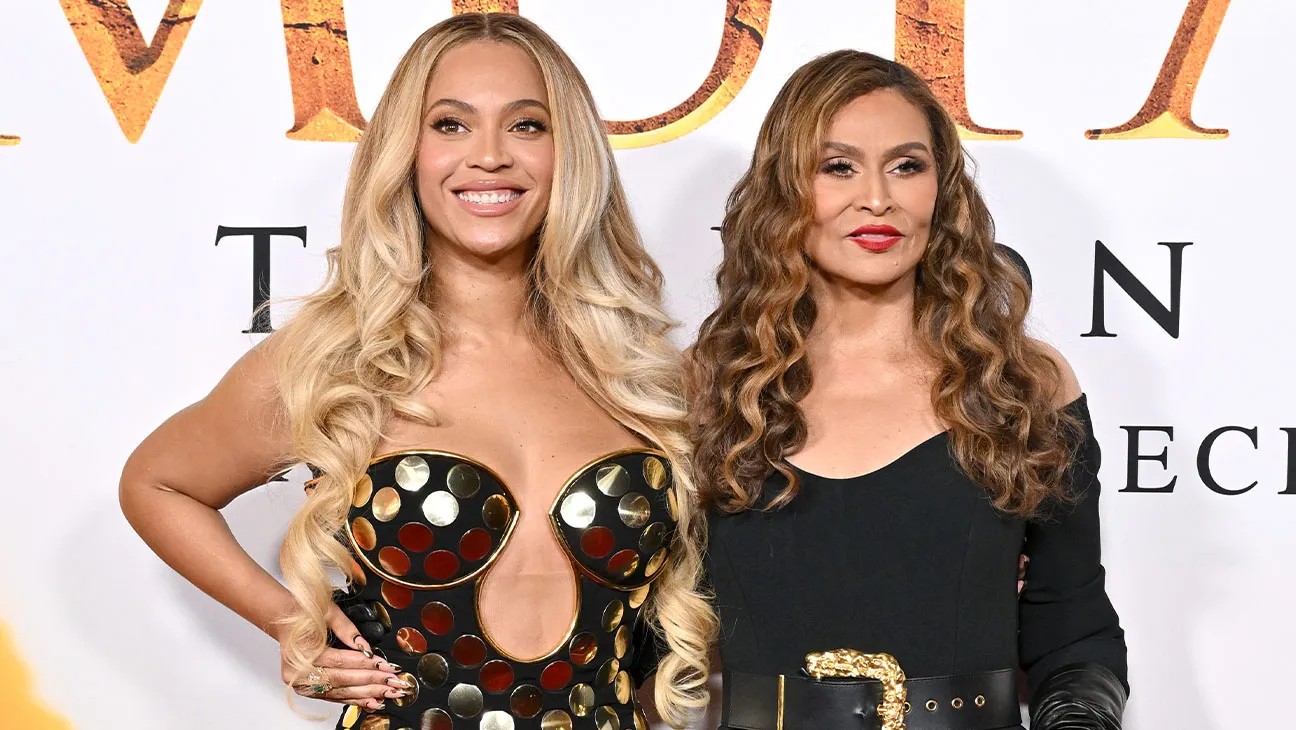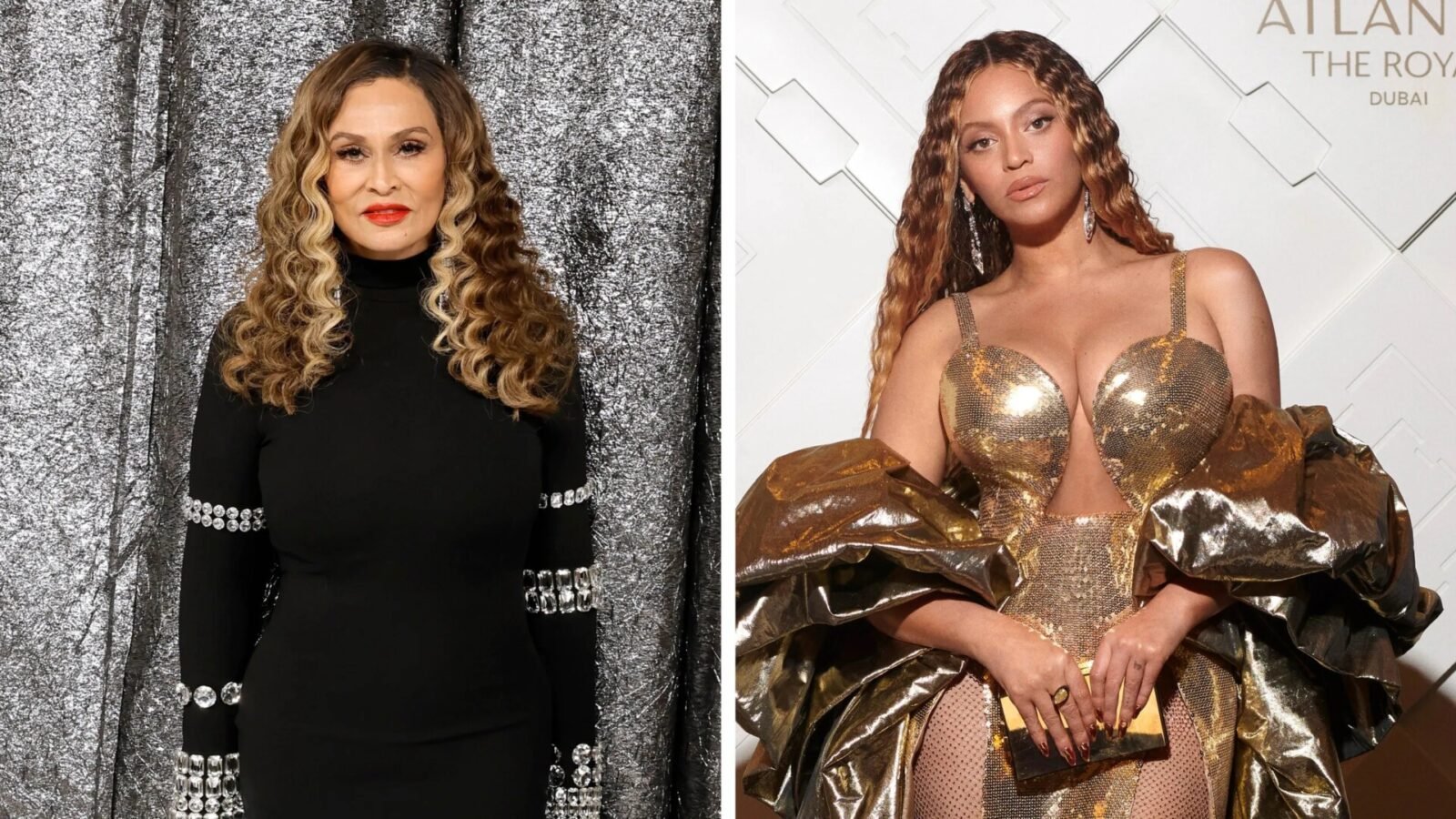Tina Knowles came out swinging in defense of her daughter Beyoncé after the superstar faced backlash for her Christmas Day NFL halftime performance. Taking the stage during the Texans vs. Ravens game in Houston, Beyoncé delivered a dynamic show that left her fans thrilled. However, social media buzzed with criticism from a vocal minority, with some even branding her the “most overrated music performer on Earth.”
Knowles, never one to shy away from defending her daughter, addressed the critics in a fiery Instagram post. Sharing a fan’s comment that highlighted how negativity often targets even the most talented individuals, Knowles added her own thoughts. She questioned the motives of those who took time out of their holiday to watch and critique a performance they claimed to dislike. Her sharp response included a pointed observation: “Obviously, you are so obsessed with them, addicted to them, and secretly admire them, wish you could be them.”
View this post on Instagram
While the online trolling sparked discussions, the numbers told a different story. Beyoncé’s halftime performance was watched by over 27 million viewers, a testament to her enduring appeal and status as an entertainment powerhouse. The criticism, though disappointing, only underscored the intense scrutiny that comes with being a global icon.
Tina Knowles’ response wasn’t just a defense of her daughter; it was a broader commentary on the nature of online hate. Her words resonated with fans, reminding them that negativity often reveals more about the critic than the artist. Beyoncé, meanwhile, remains unfazed, continuing to set new standards for excellence in music and performance.

Beyoncé and Tina Knowles at the ‘Mufasa’ premiere. Axelle/Bauer-Griffin/Getty
This moment highlights the challenges faced by superstars in the digital age, where every move is subject to public opinion. Yet, Beyoncé’s Christmas Day performance reaffirmed her position as a cultural icon. With unwavering support from her family and millions of fans, she continues to shine brightly, proving that true talent transcends negativity.
Also Read
Beyoncé’s NFL Halftime Gesture: Why It Sparked Controversy and Outrage
